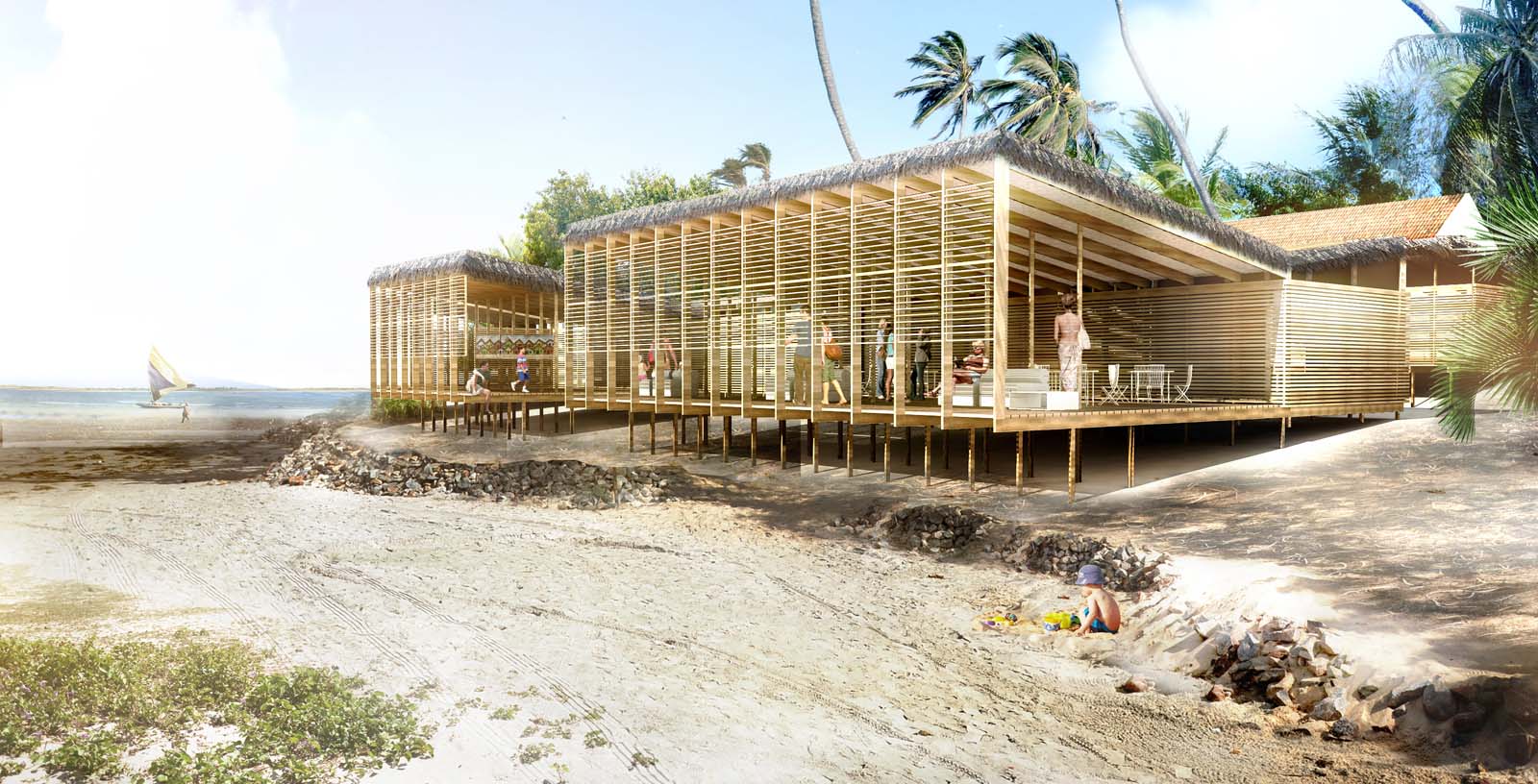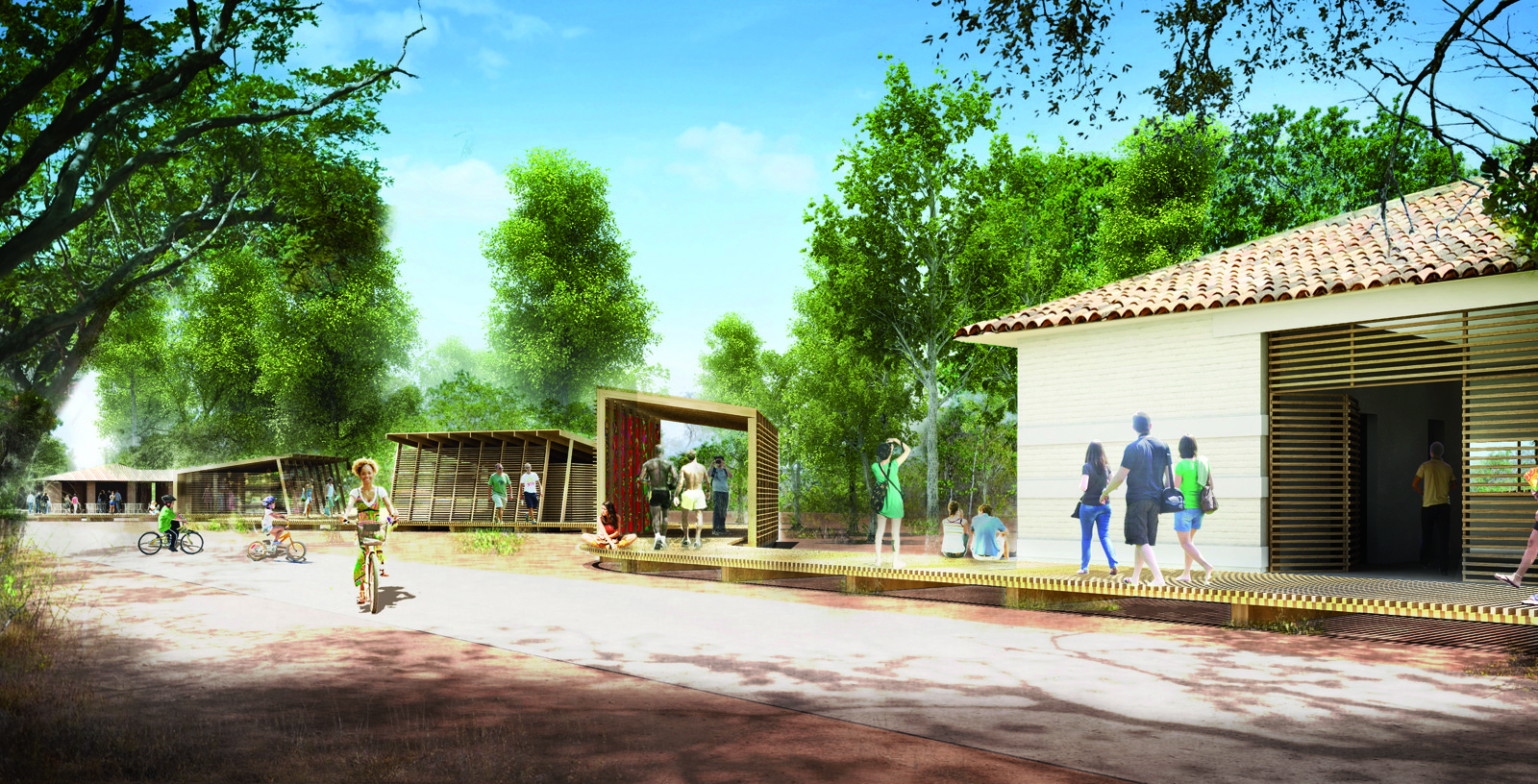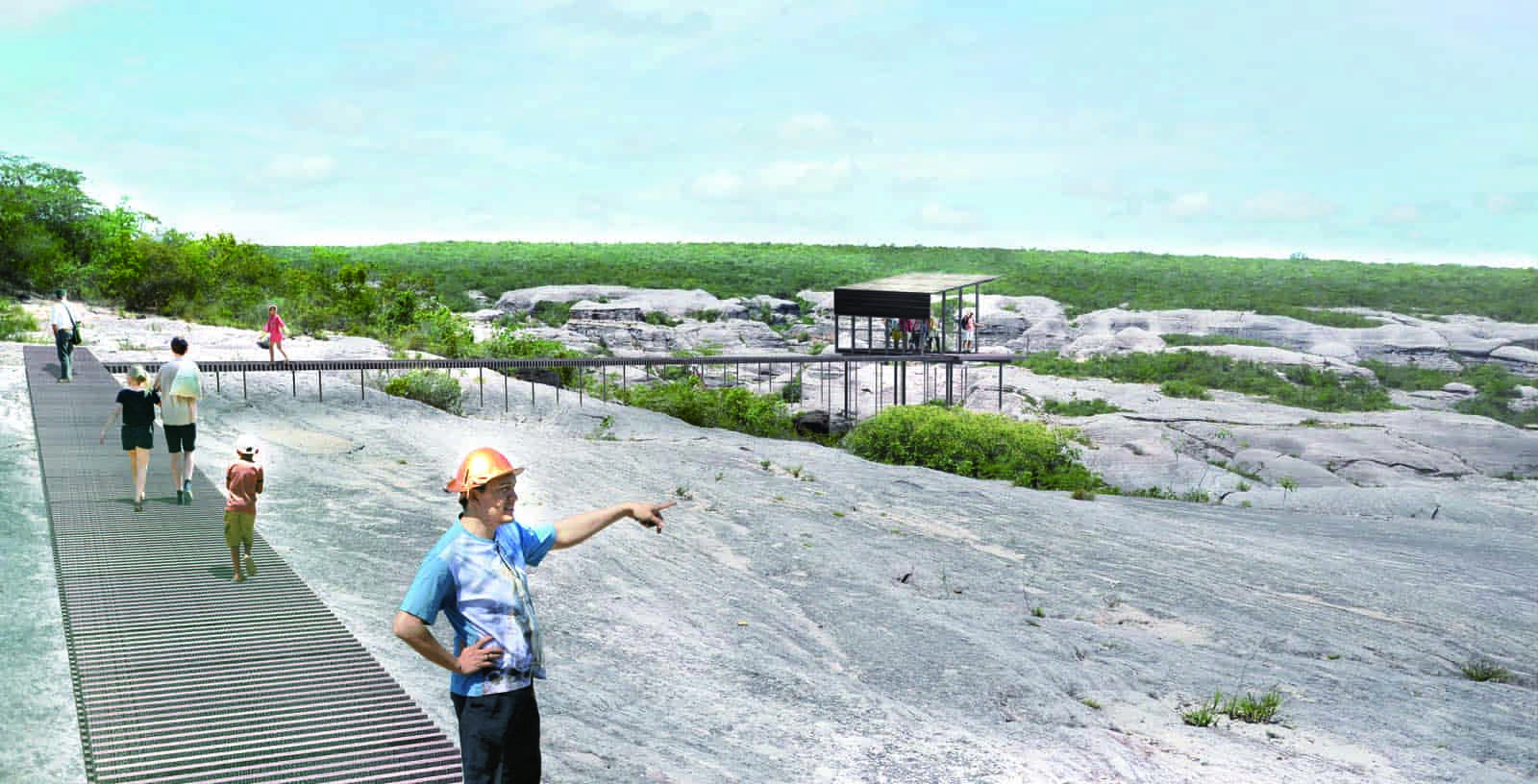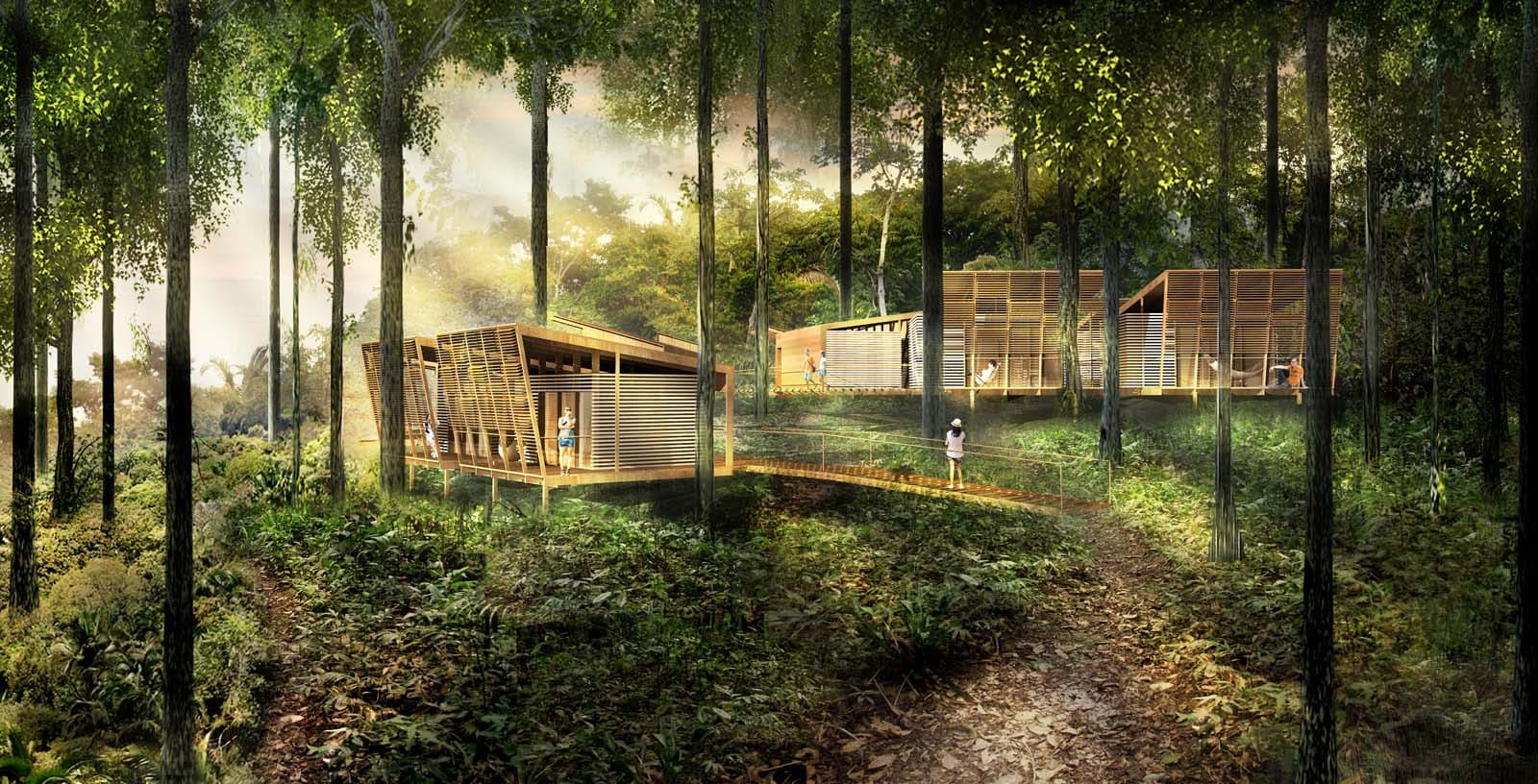Intervention in National Parks in Brazil
Brazil
IDOM has been awarded the contract in a public tender launched by the Brazilian government for the development of design studies and feasibility analyses for private concessions in four National Parks in Brazil: Jericoacoara, Ubajara, Sete Cidades, and Serra das Confusões. The main objective of the huge project is to promote ecotourism through the implementation of sustainable infrastructure, while respecting and protecting the valuable natural heritage of these protected areas, and at the same time fostering an inclusive and resilient development model.
IDOM’s proposal stands out for its comprehensive approach, which combines economic development, environmental conservation, and social engagement. More than 60 small- and medium-scale infrastructure projects have been designed, including visitor centers, lodges, restaurants, and shelters, all conceived to harmoniously integrate into the surrounding environment. The architectural concept is based on the vernacular architecture of each region, using a modular system that allows for prefabrication, easy transport, and efficient assembly, minimizing environmental impact and reducing construction time.
In addition, the intervention in National Parks in Brazil incorporates energy-efficient solutions adapted to the local climate and conditions, promoting the use of native materials and clean technologies. This strategy not only reduces the ecological footprint, but also supports the development of nearby communities through job creation, technical training, and the enhancement of local resources.
Jericoacoara National Park, for example, is the focus of an ambitious concession plan involving investments of over 100 million reais in infrastructure and tourism management over the next 30 years. Initiatives such as the Caminhos da Ibiapaba, which connect Sete Cidades and Ubajara, strengthen ecological and tourism connectivity in the region, enhancing its appeal.
With this project, IDOM reaffirms its commitment to sustainable development, demonstrating that it is possible to combine responsible tourism, environmental conservation, and social progress in one of Latin America’s most valuable natural environments.
CLIENT:
ICMBio
Ministério do Planejamento
PNUD
SCOPE:
Preparation of Studies
CONTACT
Manuela Casado










